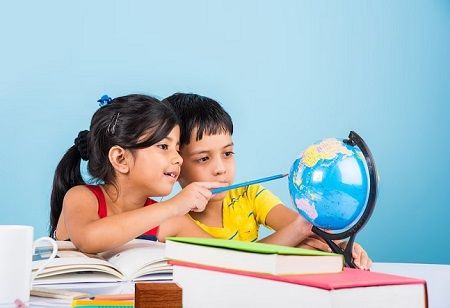Professor Taro Komatsu from Sophia University led recent research showcasing the positive effects of remedial education programs on Syrian refugee children's academic success and social integration in Jordan. Published in the International Journal of Comparative Education and Development, the study presents an innovative approach to improving education outcomes for this vulnerable group affected by the Syrian conflict.
Since the start of the Syrian civil war in 2011, Jordan has become a haven for around 700,000 Syrian refugees, with half of them being under 18 years old. These children encounter various obstacles to education, including trauma, social isolation, and financial difficulties, leading to a high dropout rate before reaching secondary school. Professor Komatsu's study investigates these challenges and explores the potential of remedial education to address them.
Executed by World Vision from 2014 to 2021, the remedial education initiative focused on academically struggling Syrian and Jordanian children, providing extra support outside regular school hours. The program's success was attributed to its holistic approach, including activities during school breaks that facilitated positive interactions between students from both backgrounds. The curriculum covered Arabic, English, and mathematics, supplemented by psychosocial activities and teachers trained in creating child-friendly classroom environments.
The program yielded significant results, as participating children reported feeling safer and expressed a desire to continue their education. Notably, refugee students demonstrated improved math performance, reaching levels comparable to their Jordanian counterparts. Moreover, the initiative encouraged social integration, evidenced by increased willingness among students to form cross-national friendships. These findings underscore the importance of educational interventions in addressing the multifaceted needs of refugee children and empowering them for the future.
Professor Komatsu's research underscores the crucial role of education in empowering refugee children, offering them not just knowledge but also hope and opportunities for social inclusion. Amid ongoing global challenges of displacement and conflict, the insights derived from this study provide valuable guidance for supporting some of the world's most vulnerable populations through education.

